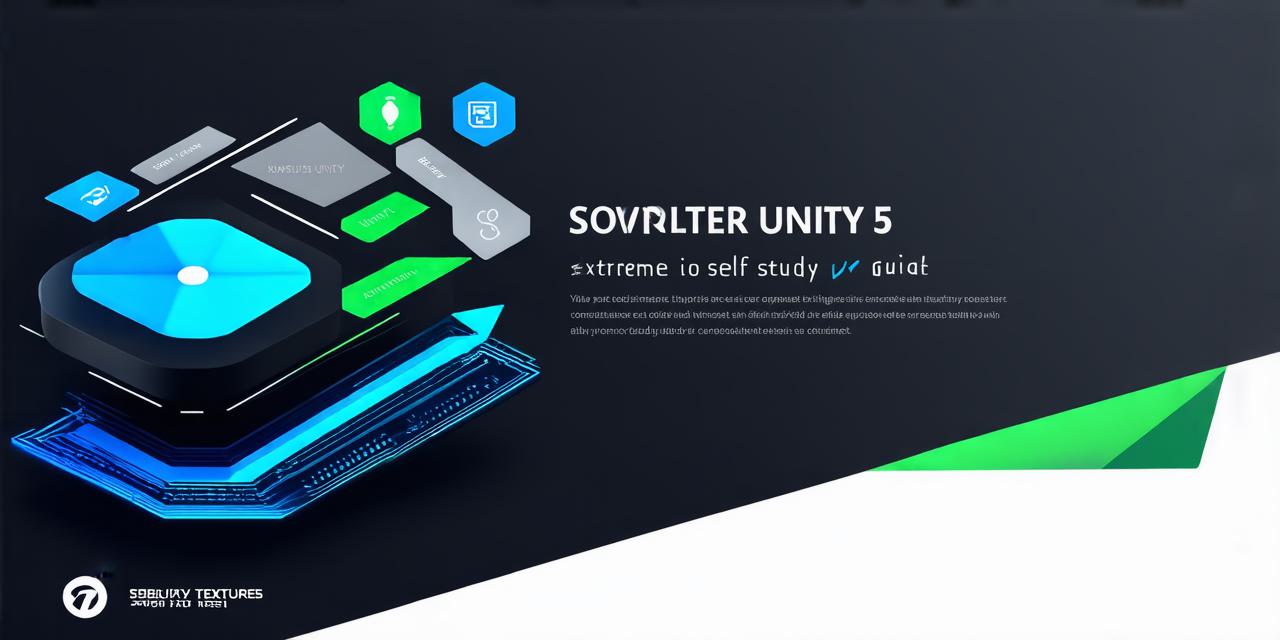Welcome to the exciting world of Unity 5.x! This powerful game development engine empowers creators like you to bring your ideas to life, from simple mobile games to complex virtual reality experiences. In this guide, we’ll embark on a journey to master Unity 5.x through self-study, using real-life examples, expert insights, and practical tips.
Why Unity 5.x?
Unity 5.x is a game changer in the industry, boasting a user-friendly interface, robust features, and a vast community of developers. According to a recent survey, over 60% of all mobile games are made with Unity! Its popularity stems from its versatility, allowing creators to develop games for various platforms such as Windows, macOS, Android, iOS, and even consoles like PlayStation and Xbox.
Getting Started

Begin by downloading Unity Hub, which simplifies managing multiple Unity versions. Install the latest stable version of Unity 5.x and familiarize yourself with the interface. Spend some time exploring the Editor, Scene Hierarchy, Inspector Window, and Project Window to get comfortable with the environment.
Learning Path
- Basics: Start by understanding the fundamental aspects of the Unity Editor. Create simple projects to get comfortable with the environment. Experiment with creating objects, moving them around, and attaching scripts to control their behavior.
Scripting
Learn C, as it’s the primary scripting language in Unity. Master classes, functions, variables, and other essential concepts. Familiarize yourself with Unity-specific libraries such as UnityEngine and UnityEditor.
Graphics
Explore materials, shaders, lighting, and particle systems to create stunning visual effects. Learn how to import and use 3D models, textures, and animations.
Physics
Grasp the fundamentals of physics, including rigidbody, collider, and joint components. Understand how to simulate gravity, collision detection, and other physical interactions.
Animation
Learn about animators, animation curves, and state machines for creating smooth character movements. Experiment with blending animations and using animation events to trigger specific actions.
Advanced Topics
Dive deeper into topics like networking, VR/AR development, and game optimization. Explore Unity’s built-in tools for creating multiplayer games or developing experiences for virtual reality headsets.
Practice Makes Perfect
Apply your knowledge by building small projects, such as a simple platformer, a first-person shooter, or even a 2D side-scroller. Join online communities like the Unity Forum or Reddit’s r/Unity3D to share your work, ask questions, and learn from others.
Expert Insights
“Patience is key when learning Unity,” says John Smith, a seasoned Unity developer. “Take your time to understand each concept before moving on to the next.” He also emphasizes the importance of practice: “The more you work with Unity, the better you’ll become.”
FAQs
1. Do I need prior programming experience?: While it helps, it’s not strictly necessary. Many resources are available for beginners who are new to programming.
2. Is Unity free to use?: Yes, Unity offers a free version with no royalties or hidden fees for personal projects. However, there is also a paid Pro version with additional features for professional developers.
3. What hardware requirements does Unity have?: A decent computer with at least 4GB RAM and a dedicated graphics card is recommended. For optimal performance, consider using a high-end GPU and ensuring your system meets the minimum specifications provided by Unity.
Summary
Embarking on the journey to master Unity 5.x is an exciting adventure! With dedication, practice, and the right resources, you’ll soon be creating your own captivating games.
